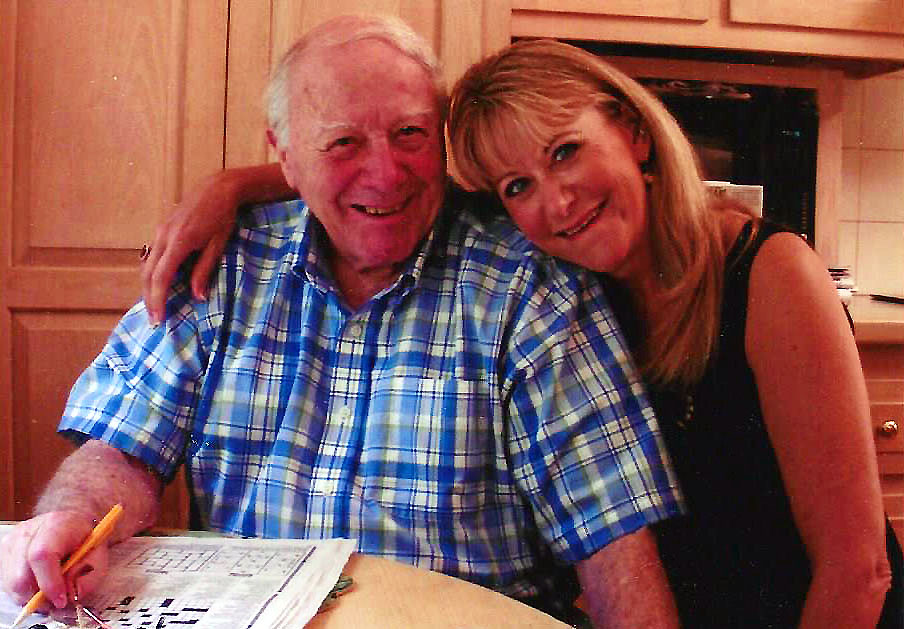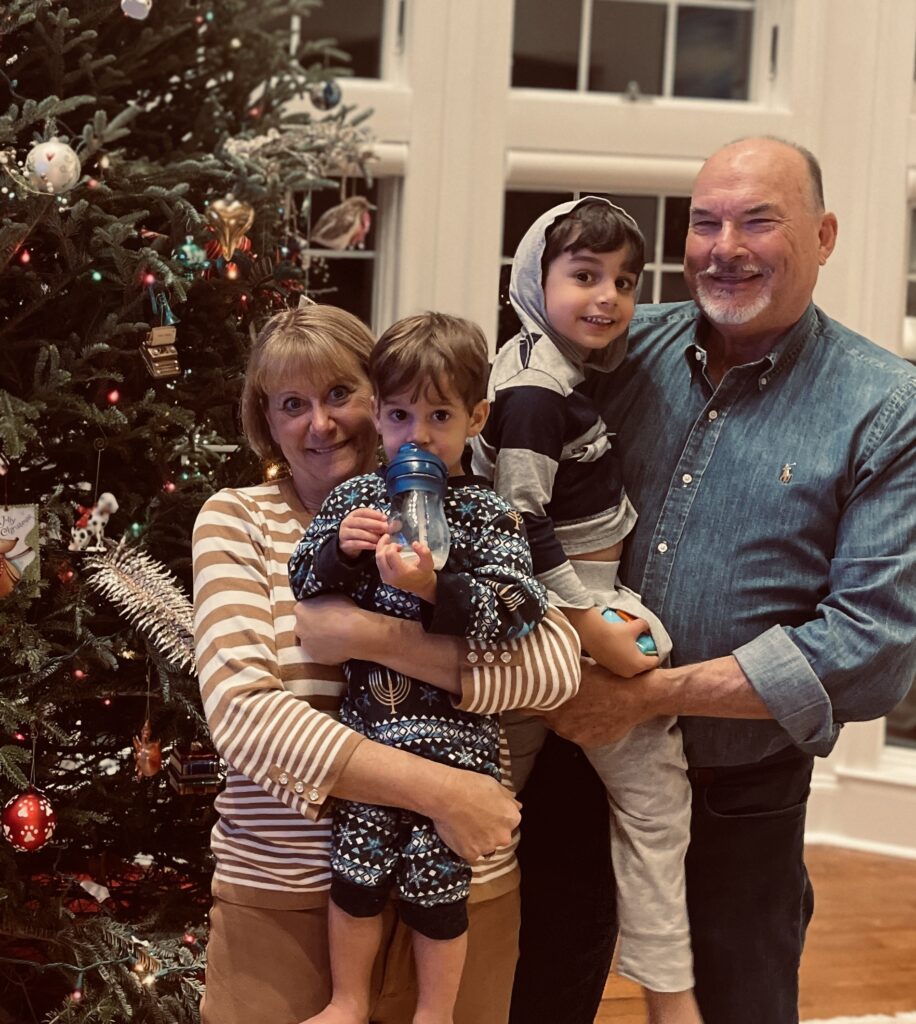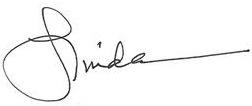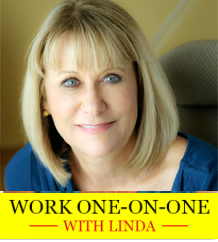As she moved into her mid-seventies, my Nana began to say: “getting old is hell.” And when my father reached the same point, he was wont to declare: “just take me out in the backyard and shoot me.” Both of them were pivotal people in my life, providing love, wisdom and stability over the course of many years.
Why be so negative? I’d wondered back then. As my grandmother passed into her eighties, I was only in my early thirties. When Dad left us at eighty-three in May of 2012, I had hit my late fifties. Still, what did I know about “old age” at either point?
I had to remind myself to be empathetic: both had had arthritis severe enough to make walking difficult; my grandmother had suffered through a mastectomy, and my father had endured a complicated bout with prostate cancer; both were profoundly deaf; my grandmother’s vision dimmed, and she lost her ability to thread a needle for her beloved sewing projects; my Dad found it harder to read and, sometimes, even to finish his daily crossword puzzle. With few friends still alive, both became keenly lonely as they approached the end of their lives.

When my father’s COPD hit with a vengeance and an inhaler was always in his pocket, I finally began to understand that he just didn’t want to be present any longer: he grew increasingly irascible, short-tempered, and prone to making inappropriate sexual remarks. But above all, he became sad.
The thought of losing either one of them, each in his or her own time, felt impossible to bear. Our relationships had been so filled with joy, as both Dad and Nana had parented Joy and me in every way. Both had witnessed the seminal events of my life: my first marriage; my second, when my father walked me down the aisle one more time; and also the births of Alexander and Nicholas. The two of them had helped usher me into adulthood and middle age.
In his eighty-second year, Dad contracted pneumonia for the umpteenth time. Hospitalized, he asked to be released from a life that had been rolled under one health problem after another. I flew in from California and Joy drove up from Maryland, and we asked him whether he absolutely wanted to “let go” of life.
His answer was definitive, and so, with my step-mother’s agreement, we did not treat his pneumonia—such a common illness and so easy to knock out with a simple antibiotic. The three of us nursed him at home, under the aegis of hospice, for the five days it took him to die. There was just enough time to say goodbye. Before slipping into unconsciousness his last words to me were: “Ah, my Linda Pie is here at last.”
Now I am just one year away from seventy, and I begin to understand how difficult aging can be, even though I am generally healthy at this point. However, there are my migraines that often persist for five days at a time; my own arthritis, and bursitis, too. I find it hard to see my computer or a book with clarity now, affected by cataracts and the earliest stage of glaucoma. I am told by my family that I repeat myself frequently, and my sister suggests I get “assessed.”
I begin to understand Dad and Nana at this stage of their lives as I never have before. And I see that my own kids don’t understand the impact of aging any more acutely than I did when I was younger. Nevertheless, I try to do what both of my elders did: turn away from myself and my own increasing deficiencies and enjoy the new aspects of my life—being the grandmother to two little ones, as well as being the mother of two adults who continue to surprise and delight as they continue to grow.
I may be panting by midday after scrambling around after Liam, my one and a half year old grandson, through a home which I have unsuccessfully childproofed—but at night there is the pleasure of his weight in my lap as we snuggle up over a bedtime story. Ari, at four and a half years, works on kindergarten-level science projects with me while I simultaneously struggle to keep up with him and maintain a sense of humor at my own ineptitude. My life with my grandchildren brings many changes and I swim, hard, determined to breast the rhythm of the surf.

At the same time, it takes fortitude to discover this new happiness in life. To be present as a different generation finds its feet and begins to grow into the wilds of middle adulthood is a precious transition to witness, as well as providing me the opportunity to participate.
On some days, I feel that “getting old is hell”—but on others I also pause and think of Ari, too little to know that he speaks of “heaven” when he says: “I love you, Nana,” and hugs me. “I love you too, sweetheart,” I echo, and squeeze him back. And remember how, once, my own Nana did the same.
Yours,

Have a comment or feedback? Talk to Linda!

